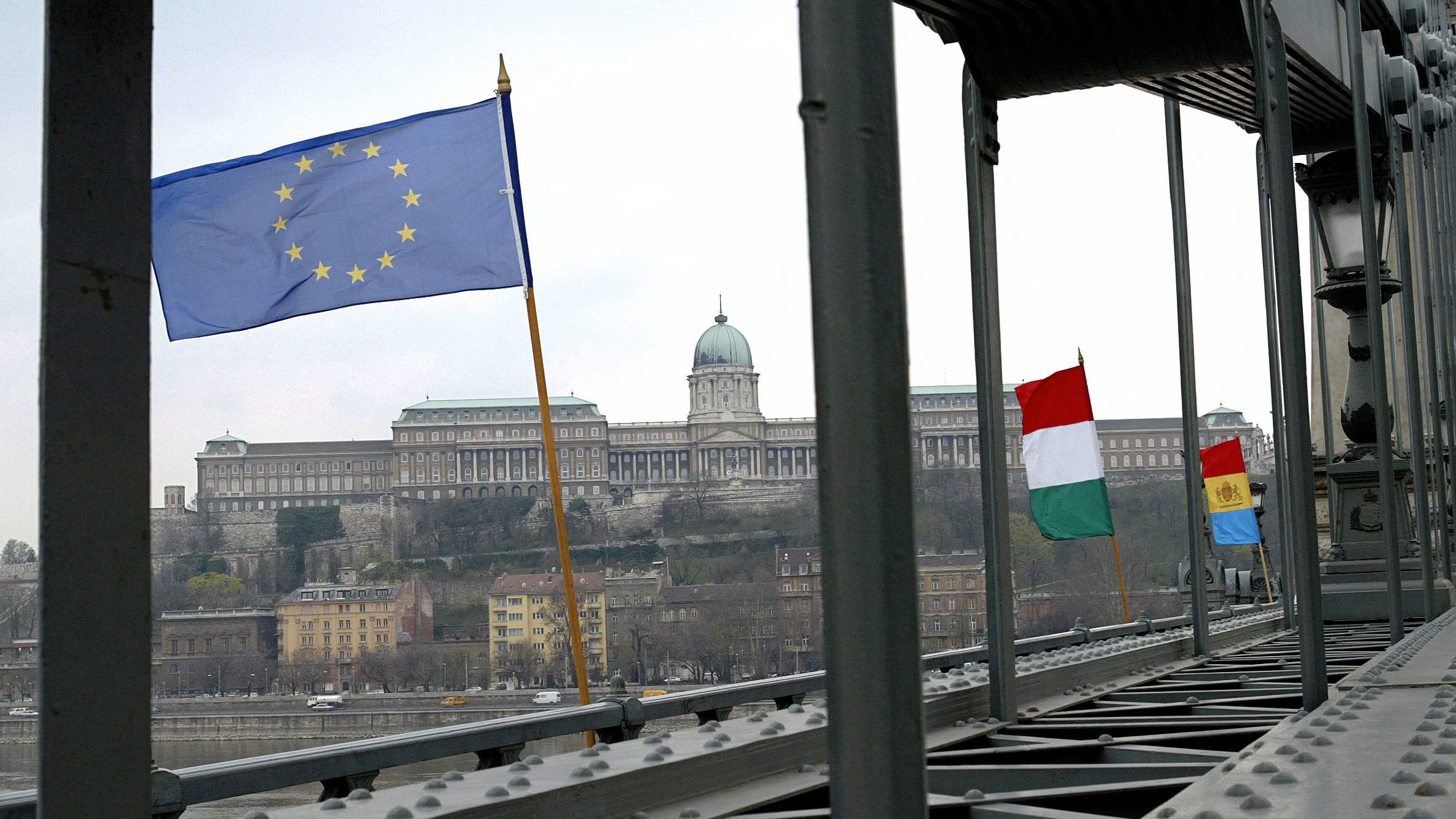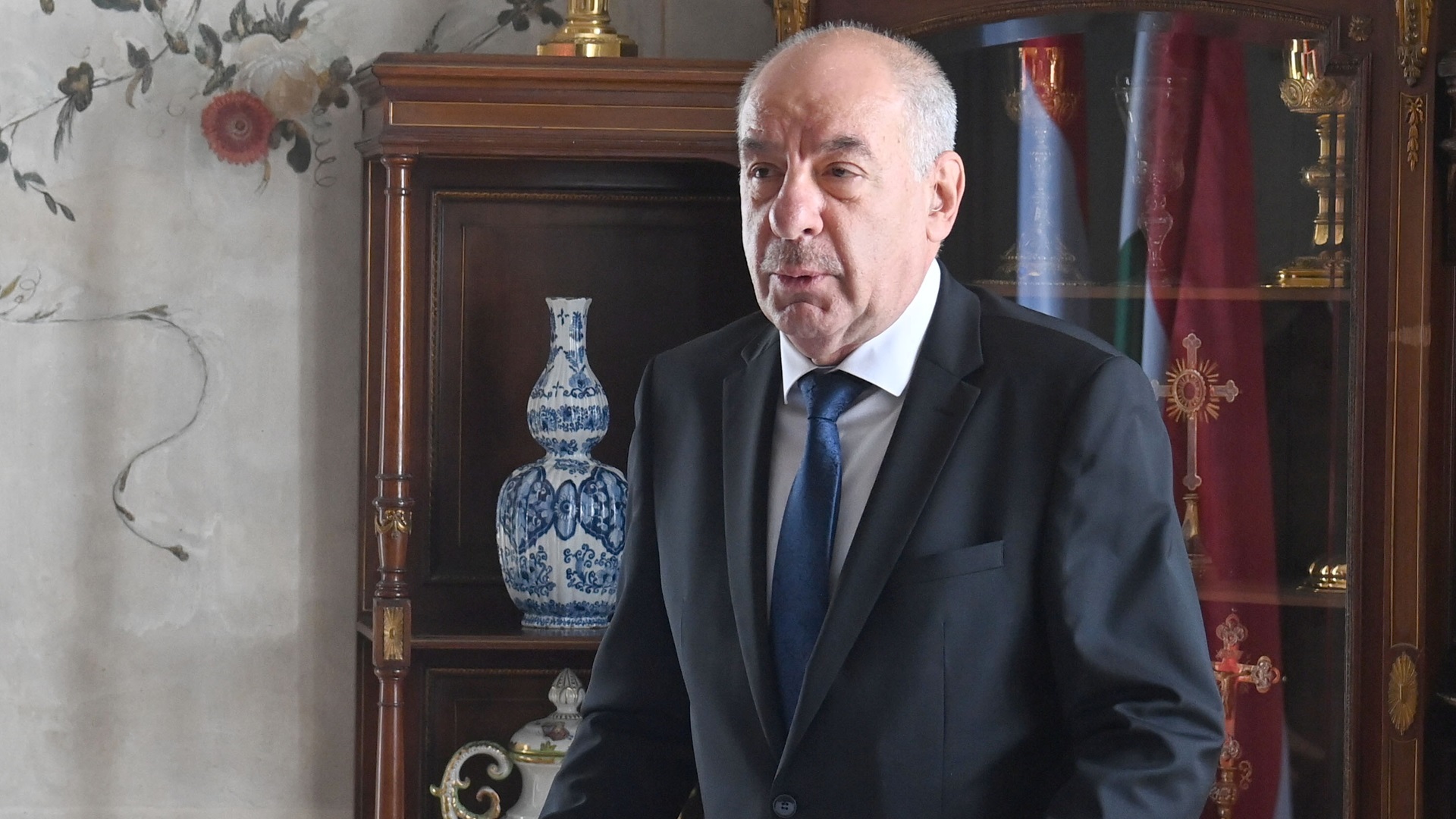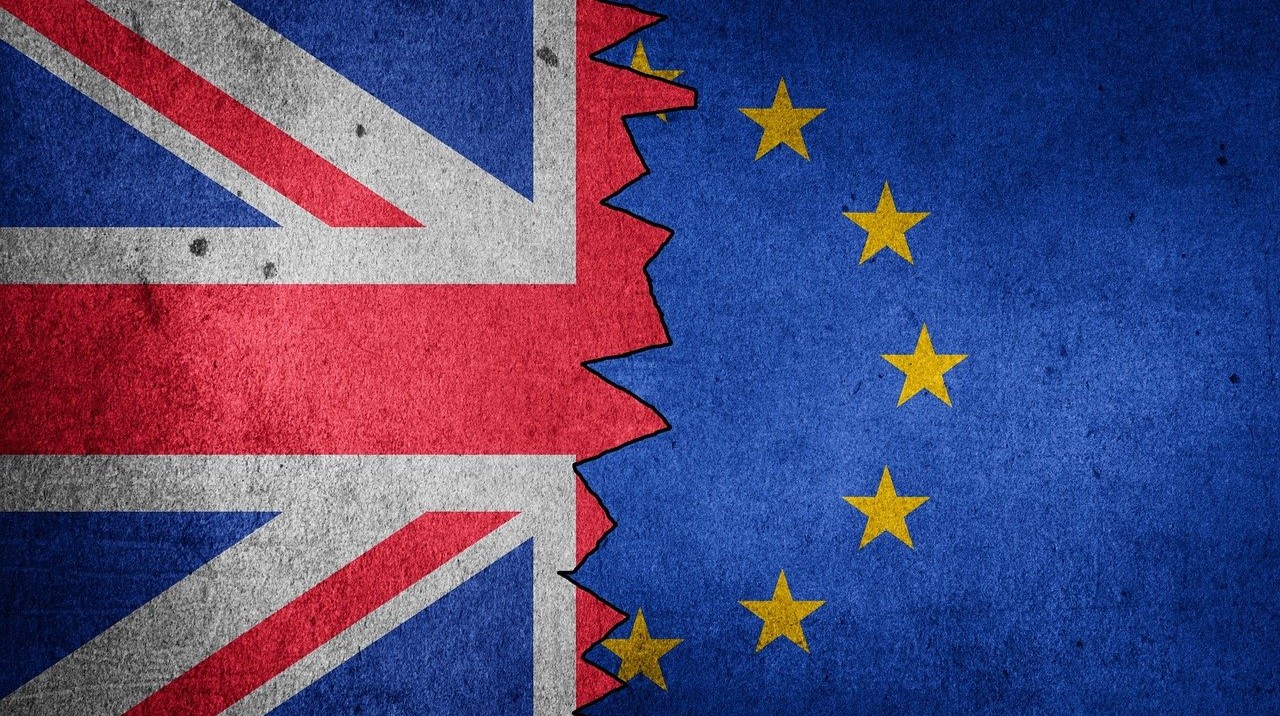
‘Technology is here to stay’ — An Interview with Mikolaj Slawkowski-Rode
‘The main thing is how quickly the changes now occur…I think there was much, much more continuity between the generations before the great technological advances of the first half of the 19th and then the 20th centuries…And so I think it’s not the inventions themselves that create the problem, but rather the enormously quick pace of the advance of technology.’









